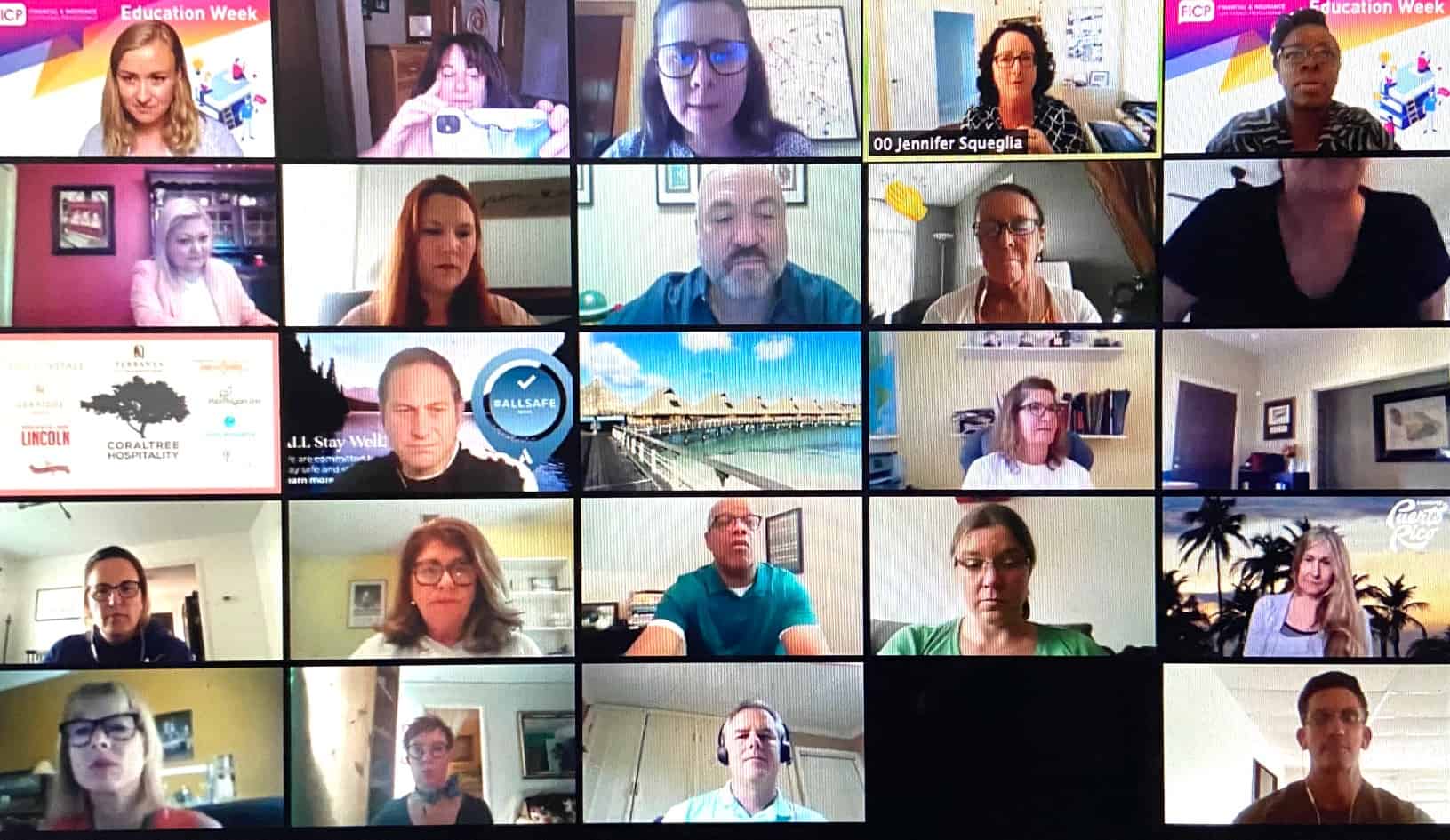FICP Education Week brought together hundreds of meeting planners and hospitality partners to share strategies around meetings moving forward in the COVID-19 era.
Here are a few highlights from FICP Education Week:
- Communication is critical during this time and video communication is the best way to reach out. People tend to skim emails, so attendees suggested that suppliers put together a brief video (less than 5 minutes). For example, a DMC in Hawaii filmed a “mock” evening event to showcase what events there will look like moving forward, partnering with a catering company and serving first responders as a thank-you.
- Hospitality partners highly recommended that planners take a site visit to a hotel in their local area so they can see in person what hotels are doing with their new safety protocols. Planners urged suppliers to keep sending updated information about health and safety protocols. As one planner put it, meeting planners still have to sell live meetings to their senior management, so this info is invaluable.
- Some planners are combining their incentive programs (2 years of programs into 1). As a reward and to show appreciation, others are sending merchandise or using online CSR or gaming.
- Most programs are starting out small and are regional/local, then moving their way up as safety allows. Of all the potential destinations, attendees pointed to Hawaii as most hopeful. At this time, the quarantine may lift at the end of July, which would be good for fall programs.
- Many planners are working with a 60-day rolling assessment process as the COVID situation is changing so swiftly. Those planners with events booked for the fall say the deciding factors for whether or not an event is a go or will be pushed to 2021 are 1) their company’s travel/meeting policy and 2) government regulations.
- Many fall programs are pivoting to virtual. Both planners and suppliers are concerned that the head count for in-person meetings will drop after companies experience virtual meetings. Some planners reassured their counterparts on the hotel side that that would not be the case, that FOMO still exists and that attendees will still want to travel and attend in-person meetings. There’s concern about those that may have underlying conditions and can’t travel, and this is going to have to be worked out over the months ahead.











